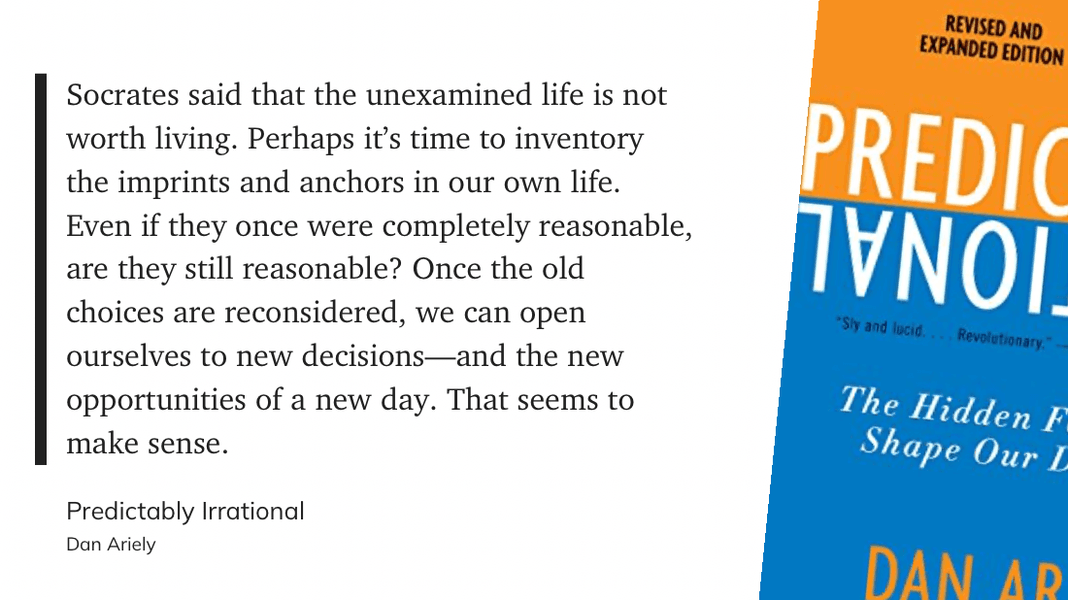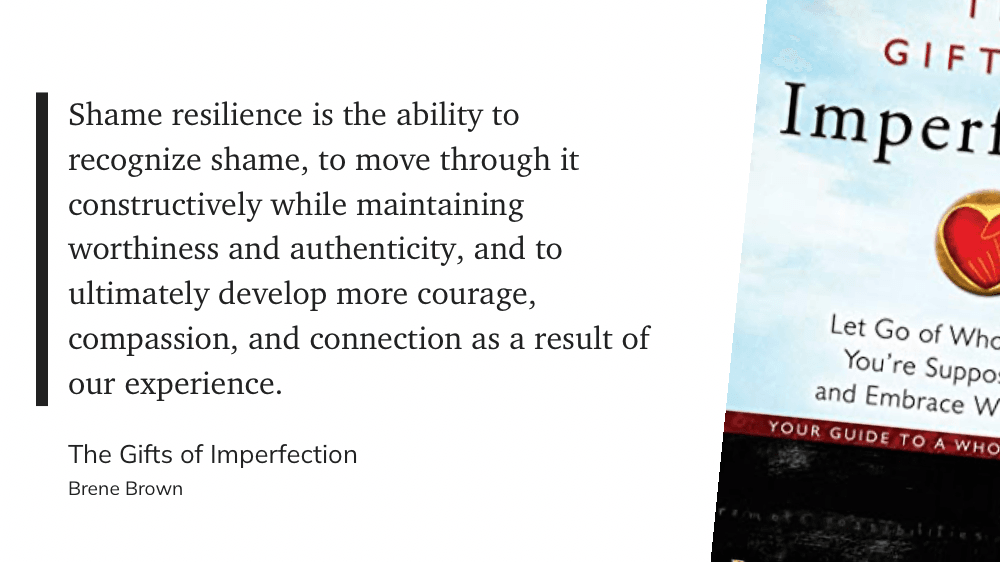People are strange.
And not just when you’re a stranger, Jim.
People are strange.
And not just when you’re a stranger, Jim.



People are our greatest source of happiness. True dat.


“The trouble with the internet, Mr. Williams says, is that it rewards extremes. Say you’re driving down the road and see a car crash. Of course you look. Everyone looks. The internet interprets behavior like this to mean everyone is asking for car crashes, so it tries to supply them.”
https://www.nytimes.com/2017/05/20/technology/evan-williams-mediu
... See more